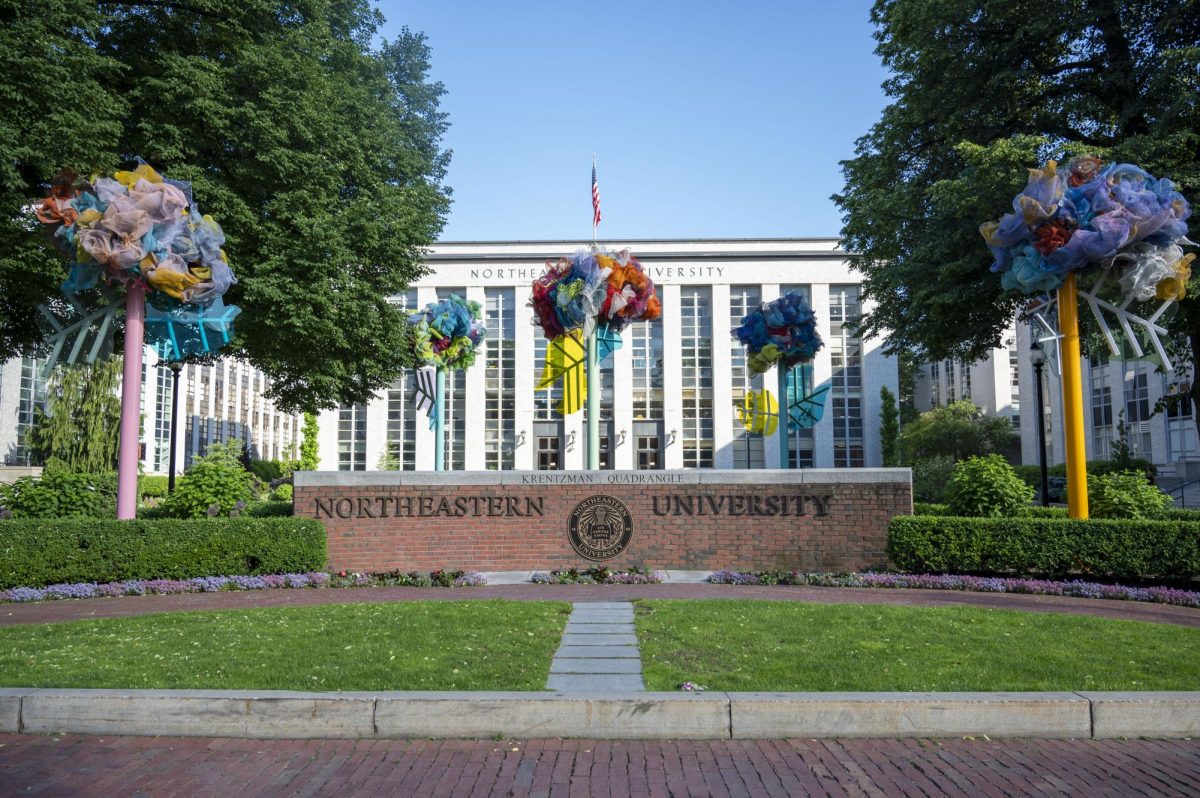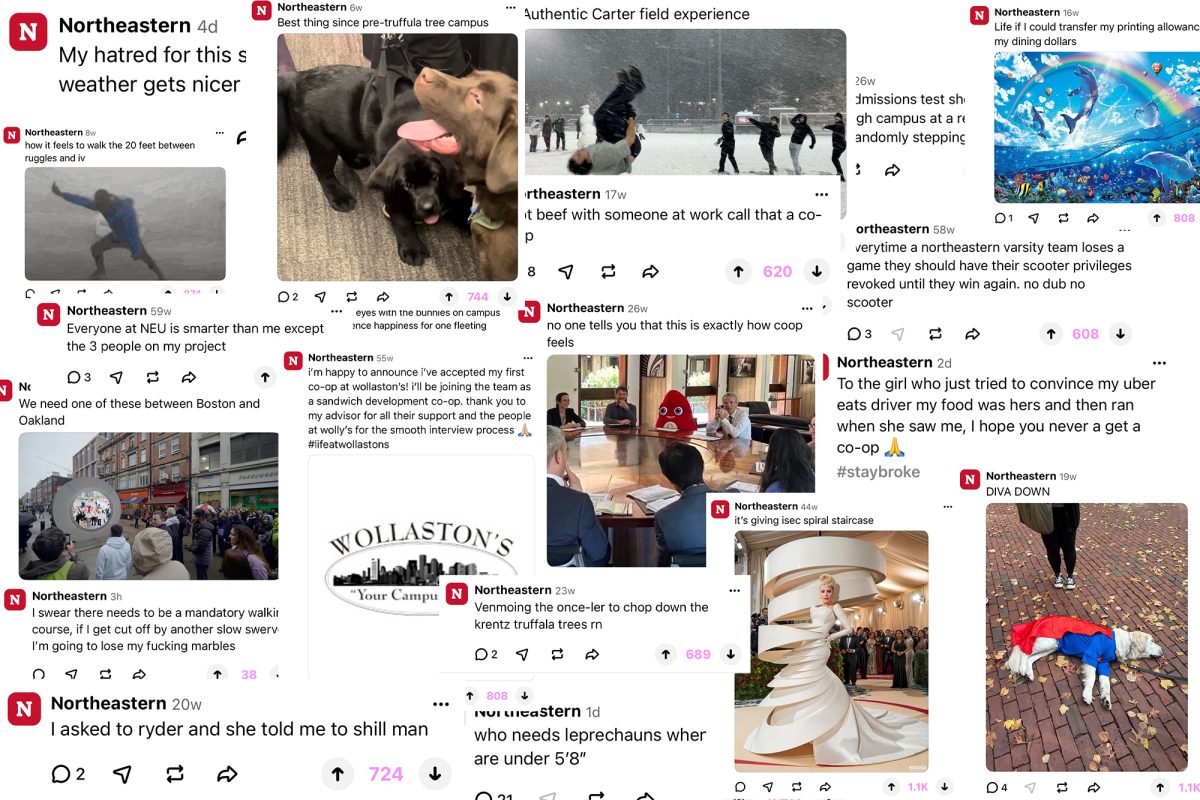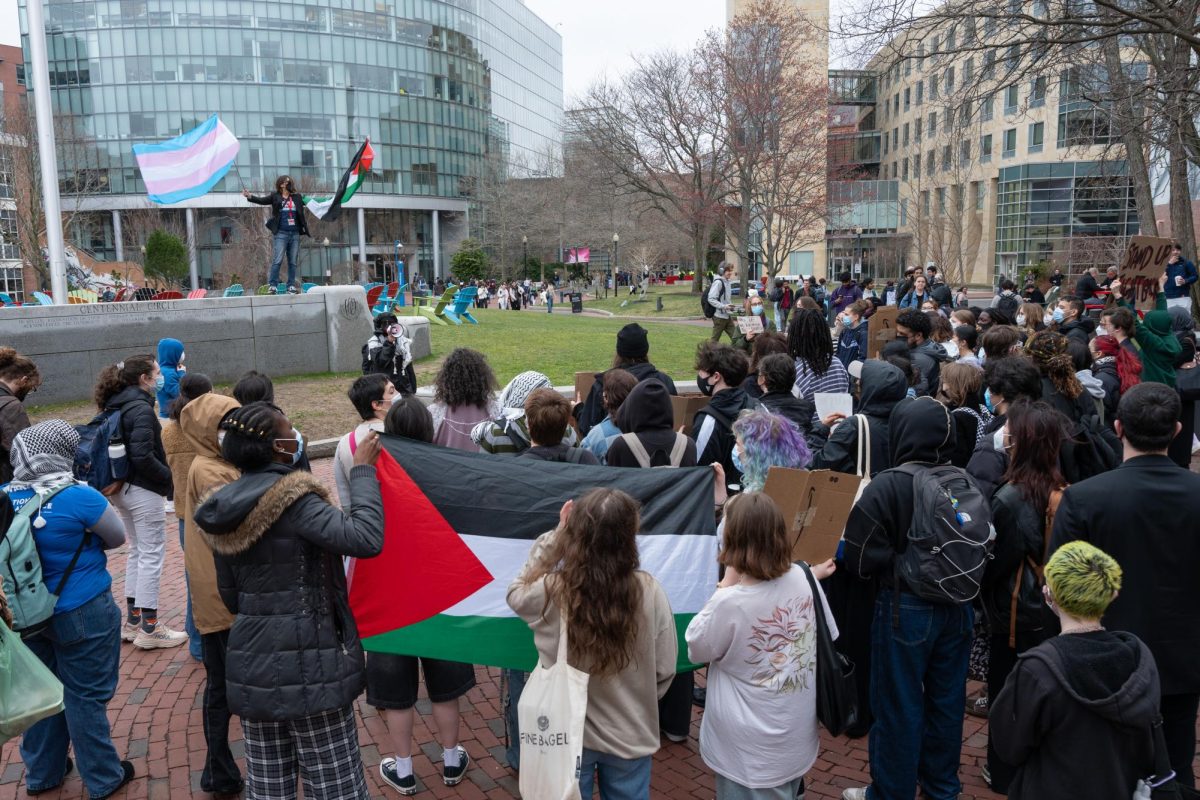I walked a tour of the Green Street area offered by the Jamaica Plain Historical Society on a recent Saturday
The society sponsors free guided walking tours nearly every Saturday, May through September..
The tour traced the neighborhood’s progress to the 21st century, framing its transition from revolution to elegance, and from mild struggle to vibrant glow.
Along with about 20 others on the tour, I found myself happily captured by the community.
A peculiar fervor erupted from the streets of Jamaica Plain, the concrete squares cracking wild with years of progress.
“Jamaica Plain has a very welcoming environment,” said Ed Paccanefe, accessibility coordinator for the Jamaica Plain community and arts center Spontaneous Celebrations.
“We welcome people of different ethnic and racial backgrounds, different abilities and… a presence of the gay and lesbian community.”
Nestled between Roxbury and Roslindale, Jamaica Plain separated from Roxbury to become part of West Roxbury in 1851.
The town was annexed into Boston in 1873, according to the Historical Society’s Web site.
When European settlers first arrived, the Algonquin tribe, which lived in New England, spread their arms wide. They welcomed visitors to the New World with gifts of canoes and snowshoes.
Years later, the Civil War erupted in an ideological battle.
On South Street today stands a concrete monument erected in 1871, inscribed with the names of the 23 fallen soldiers from West Roxbury, which Jamaica Plain was then a part of, along with the words “in memory of those who died in service of their country during the rebellion” and the fallen soldiers’ names.
These estates have since been torn down, with the exception of the Loring-Greenough house, located on South Street.
The frame of Jamaica Plain became undeniably clear. It is unified in purpose, and defines a community not concerned with color and creed, but hopeful in their solidarity for love and friendship.
Once on Green Street, the sounds of city were no more. Instead, it was birds and rustic gardens, giant sunflowers exploding burning beams of snowy white and the simplicity of life spelled in passing smiles.
At the flea market at historic Curtis Hall on South Street, music played as vendors sold in jewelry and hats and those tiny figurines. No one had trouble with conversation.
A 12-year-old French boy and I talked weather and politics. I was hungry, so I enjoyed coffee and muffins with him and his parents. We spoke French together in the park and walked circles about Jamaica Pond.
And I immediately felt like family.







![A sign reading "The People's Iftar for [Palestine]." Students held a gathering for iftar and marched down Forsyth Street March 25.](https://huntnewsnu.com/wp-content/uploads/2025/04/IftarProtest_ElizabethScholl_3-17-25_1-1200x800.jpg)

